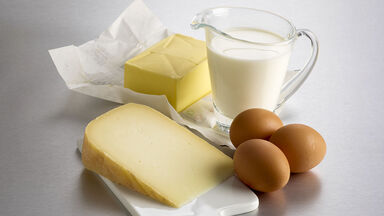Preen Definition
(dialectal) Pin.
Origin of Preen
-
From Middle English pren, from Old English prÄ“on, from Proto-Germanic *preunaz (compare Icelandic prjónn (“pin, knitting-needle"), Danish pryne "˜needle, eel-spear'), from Proto-Indo-European *brewn- (“protrusion, tip, edge") (compare Lithuanian briaunà "˜edge', Albanian brez "˜belt, girdle'). The verb is from Middle English prenen, from pren (“a preen").
From Wiktionary
-
Middle English proinen, preinen blend of Old French proignier to prune prune2 and Old French poroindre to anoint before (por- before) (from Latin prō- pro–1) (oindre to anoint) (from Latin unguere)
From American Heritage Dictionary of the English Language, 5th Edition
-
Variant of prune (by influence of preen above) Attested in Chaucer (c. 1395) in the variants preyneth, prayneth, proyneth, prunyht, pruneth.
From Wiktionary
Related Articles
Find Similar Words
Find similar words to preen using the buttons below.
